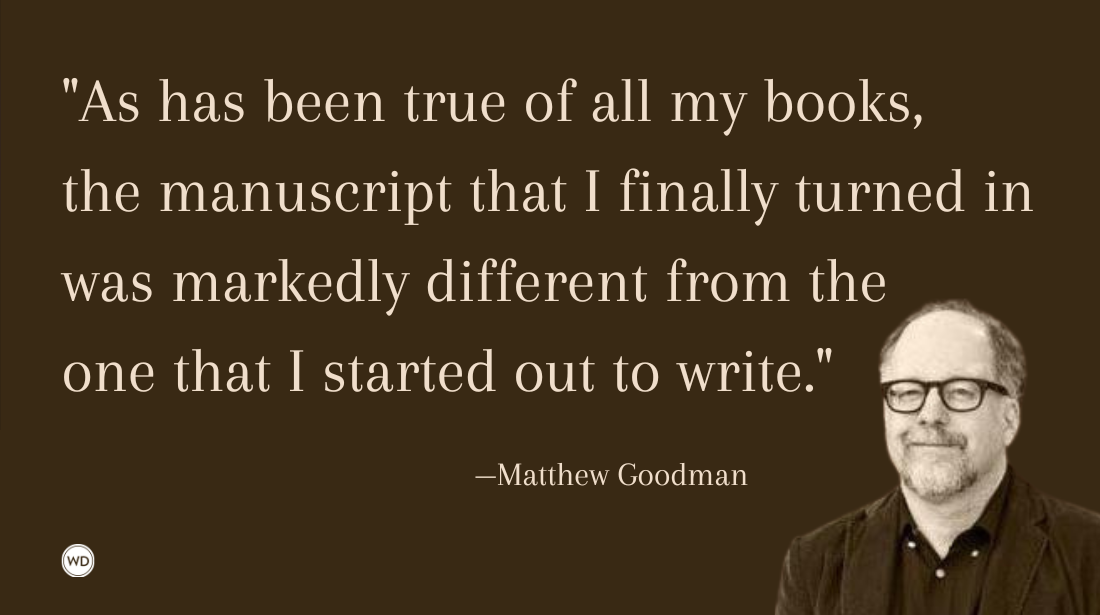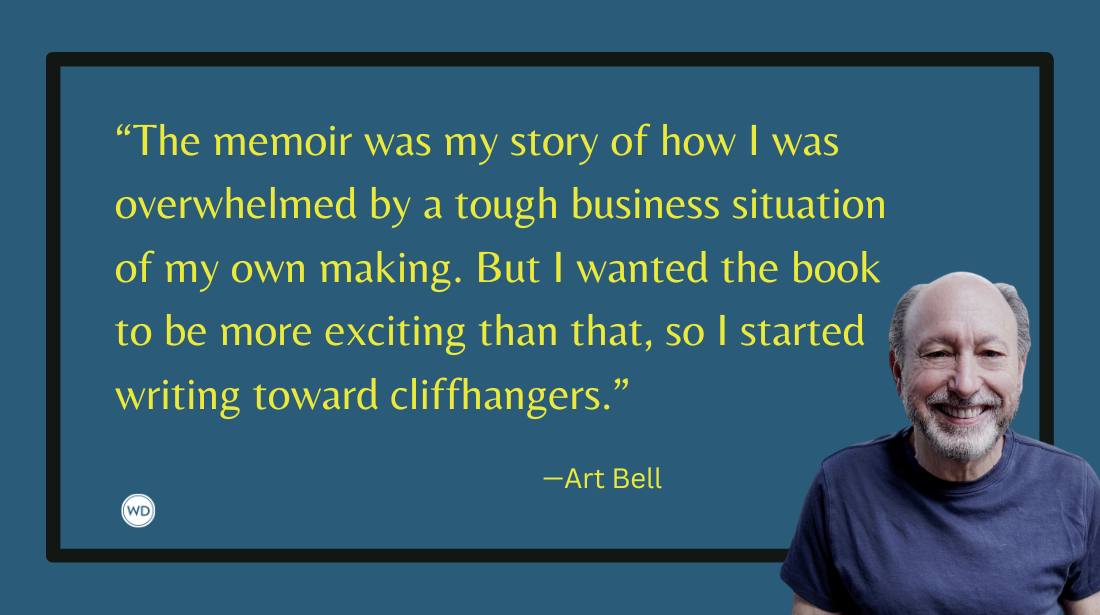Write Personal Without Hurting Your Relationships
Concerned that friends and family will be upset by what you write about them (even if it’s in the context of your life)? These tips gleaned from top essayists may keep you from ending up in a sticky situation with your writing. by Kim Schworm Acosta
The morning I received an e-mail from an editor at Brides saying she wanted to buy my personal essay began as one of the best days of my writing career. I’d finally broken in to a big consumer magazine, and her effusive “I’ll keep my fingers crossed that it’s still available” is the kind of feedback every writer craves.
When my husband came home from work, I showed him the piece, which was about whether or not to take his last name. He read as I waited nearby, and I imagined a reaction along the lines of, “Wow! You’re an amazing writer. Better start making room for the Pulitzer!” What I got was, “I don’t really like the way I sound here”—and with that, the day headed south.
Turns out my writing career wasn’t utmost in my husband’s mind at the moment. “People go to great lengths to construct an image of how the world sees them,” explains New York psychologist Michelle R. Callahan. “When they show up in an essay, they lose all control of that image, and it can be very upsetting.”
These tips gleaned from top essayists may have come too late for me, but I hope they can keep you from ending up in a similarly sticky situation with your writing.
BLUR THE DETAILS
Essayists have a distinct advantage over other kinds of writers: The accuracy of the details is often not crucial to their pieces. So make your best friend have red, wavy hair instead of platinum blond, or make her a dental assistant rather than a nurse. And know that readers don’t need to know someone’s name to get your message. “The point is not to out your friends,” says Marion Winik, author and NPR commentator. “That’s not the truth you’re trying to tell.”
Writer Corey Levitan changes identifying characteristics as general practice, but his first draft always includes real names and every “stinking, gory detail.” “If you start using a fictional name off the bat, you’ll get lost,” he says.
An added benefit to this rule is that many times people don’t recognize themselves in the final version. “I’ve written about girlfriends and they think I’m describing an ex,” Levitan says.
COME CLEAN—BEFORE PUBLICATION
Sometimes your writing may involve descriptions that can’t be disguised. In this case, many writers show or discuss the piece with the person ahead of time. Winik developed this rule after a run-in with her brother-in-law. “At the time, he was a boyfriend, and I described him as an ex-junkie loser who had no right to tell my sister her top was too low,” she says. “Ten years later, he read it and it was really bad. Now I never write in hopes the person won’t see it.”
Winik, among other writers, insists this practice does not compromise the writing. “You just have to explain to them where you’re coming from, why it’s important for the piece to keep something in, and be open to taking their suggestions,” she says. “Your point of view may actually need to be broadened—it can make the piece stronger.”
Your writing career aside, sharing your work can have a profound impact on your life. “You’re often compelled to write about something that’s unfinished,” Winik says. “Sharing your work can help you finish it, and it often has an unexpected positive ripple effect among friends or family because you’re talking about an issue that needs to
be discussed.”
AVOID WRITING OUT OF VENGEANCE
If you’re adamant about not divulging your writing prior to publication, there are other ways to minimize relationship damage. “I try to be as just and clear and balanced as I can, to see it from the other person’s viewpoint as well as my own, if possible,” says Phillip Lopate, essayist and editor of The Art of the Personal Essay. “In short, I try never to write with an ax to grind.”
Gail Greiner, whose essays have appeared in publications such as Cosmopolitan and Real Simple, advises writers to follow the advice of her former instructor: Write from love.
“That was probably what was missing from a piece I wrote that hurt someone close to me,” she says. “There wasn’t a sense of love and understanding about the person I wrote about. It came across as being judgmental.”
DRAW ON YOUR OWN EXPERIENCES
Self-deprecating humor works every time, essayists agree, so look inward for writing fodder instead of relying on the missteps of others. “I try to keep the most embarrassing stuff about myself,” says Levitan, who began inserting himself into his stories years ago. “I realized I was leaving stuff out where I looked bad or was humiliated … but that’s what people relate to, because it’s human.” When in doubt, focus on your bed-wetting in the fourth grade, not your brother’s affection for wearing tights.
HAVE FAITH THEY’LL COME AROUND
Look no further than the recent spate of reality shows for proof that many people don’t care what they’re known for, as long as they’re known. So don’t assume the cousin you shared a doobie with in the basement in the 10th grade won’t want his identity revealed. “Often, even with embarrassing stories, a person will be offended that you didn’t give him name credit,” says writer Tim Bete. “It’s surprising what some people want to be known for.”
Whomever you choose to write about, considering the feelings of those portrayed is time well spent. As writer Carolyn Armistead once told me, “Writing essays is important to me—but the relationships in my life are more important.”
Armistead’s statement holds true for me as well. My husband started to warm to the Brides essay once I pointed out traits of his that I’d praised, including his progressive attitude. But ultimately, the magazine’s decidedly feminine subject matter came to my rescue. “Well, I guess not too many of my friends read Brides anyway,” he said. And with that, I promised to give him first read on future essays that mentioned him—before submitting them for publication. It’s a new writing rule you could say I’m, well, married to.
This article appeared in the September issue of Writer's Digest, which includes the 24 Agents Who Want Your Work.Click here to order your copy in print. If you prefer a digital download of the issue, click here.








